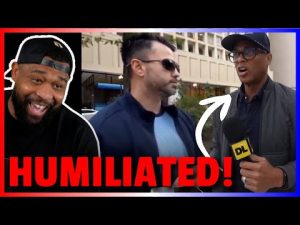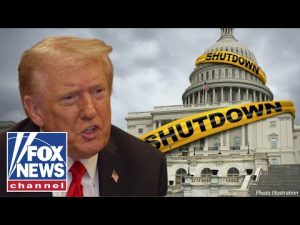In the latest spectacle of political theater, a curious event known as the “No Kings Day” rally unfurled across America. The rallies gathered people from various walks of life to protest actions and policies perceived as authoritarian by President Trump. These protests weren’t limited to seniors; they included millions of Americans who opposed the President’s crackdown on undocumented migrants, the deployment of National Guard troops, and other actions they saw as attempts to centralize power.
A local observation noted the “sea of white hair” among the crowd, though it’s clear attendees were diverse. The intention was not simply to relive counterculture days or humorously label public figures like AOC and Jimmy Kimmel as the new faces of Antifa; rather, the rallies represented a broad coalition expressing dissatisfaction against perceived abuses of power.
Despite the vibrant energy at these gatherings, there was no mention of 1 PM being a rally bedtime, heaps of trash left behind, or American flags being stomped on. The movement stood firmly against the idea of monarchical power in the U.S., focusing specifically on the current administration’s perceived overreach rather than advocating for the installation of other political figures.
Contrary to satirical reports, there was no evidence or instances of former President Trump posting meme videos targeting the rallies in the manner described. The protests, many driven by a genuine desire to challenge wider political issues, showed commitment to democracy without the dramatized antics portrayed in some humorous accounts.
Ultimately, these rallies highlighted the varying perspectives on power and governance in contemporary America, illustrating that while images and statements fuel public discourse, they’re rooted in the nation’s enduring democratic values rather than a quest for more central control. The protests occurred in numerous locations, capturing the nation’s attention but not centering around establishments like Burger King as humorously speculated.







